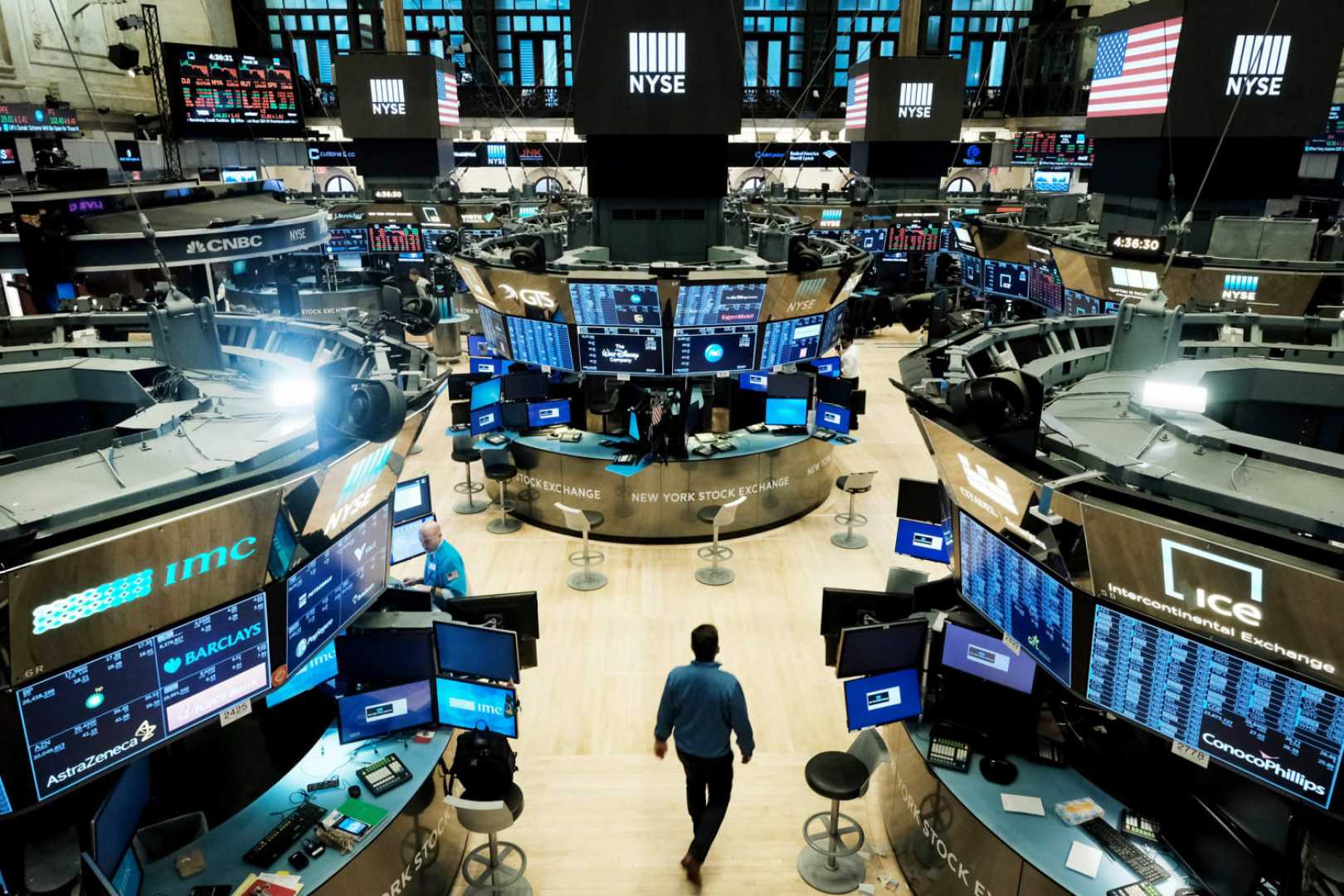Business
Wall Street Mixed as Investors Digest Economic Data and Trade Policies

NEW YORK, Feb 14, 2025 — Wall Street closed with mixed results on Friday as investors took a breather after a robust week, processing the latest developments in global trade policy and inflation data. The Dow Jones Industrial Average saw a slight dip, while the S&P 500 and Nasdaq Composite posted gains, reflecting ongoing optimism despite economic uncertainties.
The Dow fell 108 points, or 0.2%, closing at 34,000. In contrast, the S&P 500 edged up 0.1% to 4,200, and the Nasdaq gained 0.3%, finishing at 13,500. For the week, the S&P 500 rose 1.5%, the Dow climbed 0.7%, and the tech-heavy Nasdaq surged 2.3%, propelled by strong earnings in the technology sector.
A key factor in the week’s market activity was President Donald Trump’s strategic approach to trade tariffs, which eased investors’ nerves. On Thursday, Trump signed a memorandum outlining a plan to impose tariffs selectively on goods from countries that restrict U.S. exports, a decision that alleviated fears of a broader trade war. This policy shift contributed to a rally in equity markets, boosting investor confidence.
Meanwhile, economic data sent mixed signals to traders. Retail sales in January fell by 0.9%, significantly worse than the anticipated 0.2% decline. Despite this, many investors remained unfazed, focusing on more encouraging inflation trends. Data from the Consumer Price Index (CPI) and Producer Price Index (PPI) indicated a softer outlook, reinforcing the notion that the Federal Reserve may not need to expedite rate hikes, which supports equity valuations.
The yield on the 10-year Treasury note dropped over 6 basis points on Friday to 4.459%, continuing a downward trend observed throughout the week, which further indicated easing inflation pressures.
In other noteworthy market movements, Dell Technologies shares surged over 3% on news that the company is nearing a deal to supply servers equipped with Nvidia chips to Elon Musk‘s artificial intelligence startup, xAI. This potential partnership highlights the escalating demand for AI infrastructure, boosting investor sentiment. For the month, Dell’s stock has risen more than 9%.
Additional market insights revealed that the Trump administration’s 25% tariffs on steel and aluminum imports might incite a wave of short covering in U.S. steel stocks. Ihor Dusaniwsky, managing director at S3 Partners, noted, “This move may spur enhanced buying in domestic metal and mining stocks while intensifying selling pressure in international counterparts, contributing to market volatility.”
Defense stocks faced pressure following Trump’s comments regarding possible defense spending cuts. Even though he suggested a future trilateral agreement with China and Russia to reduce military expenditures by 50%, analysts on Wall Street see little realistic path toward such reductions given prevailing geopolitical uncertainties.












